I just read this great interview with Diane Ravitch on Slate.com (The wrong stuff). Diane Ravitch started out under George H.W. Bush as a strong supporter for NCLB (and all that goes with it, educational testing, school choice, charter schools etc. etc. etc.). Recently, however, she has had a change of heart, most clearly documented in her new book The Death and Life of the Great American School System. In this interview, she is honest about the process of coming to reject some of her most deeply held beliefs. The interview is worth reading for many reasons, not to least for her thoughts on how difficult it is for individuals to question their own belief structure, particularly when it is connected to broader social networks of which one is a part.
The part of the interview I want to highlight (though the entire interview is worth reading in full) is regarding the importance of failure for education/learning.
What do you think about the role of wrongness in education? It seems to me that making mistakes is crucial to learning, yet by and large mistakes are discouraged and punished in our schools.
We have reshaped the education system—largely through federal legislation—to an approach of “right answers, right answers, right answers.” But life’s not like that. We’re putting a tremendous amount of value on being able to pick the right one out of four little bubbles. But this turns out not to be a very valuable skill. You can’t take this skill out into the workplace and get paid for it.
My research assistant did a blog for the Washington Post about this mantra of “Failure Is Not an Option.” Her point was, you can’t learn anything unless you fail. Failure has to be an option. What does success mean if there’s no failure? It just means that you’ve dropped the bar so low that everyone can walk over it.

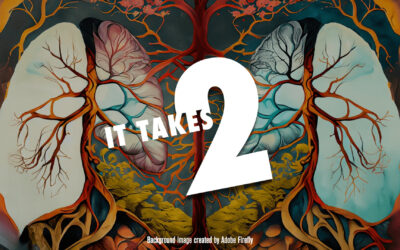
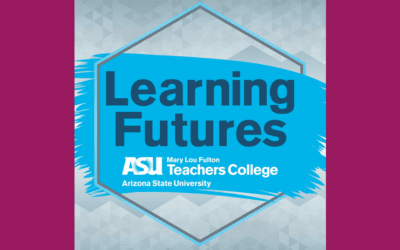
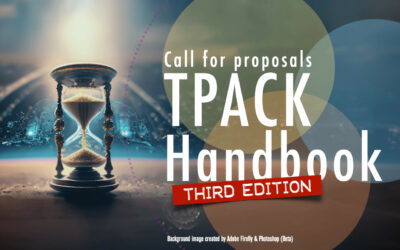
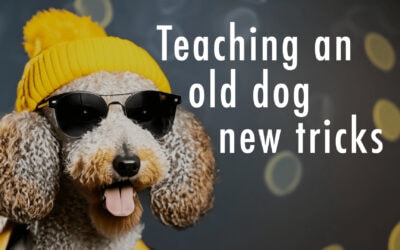
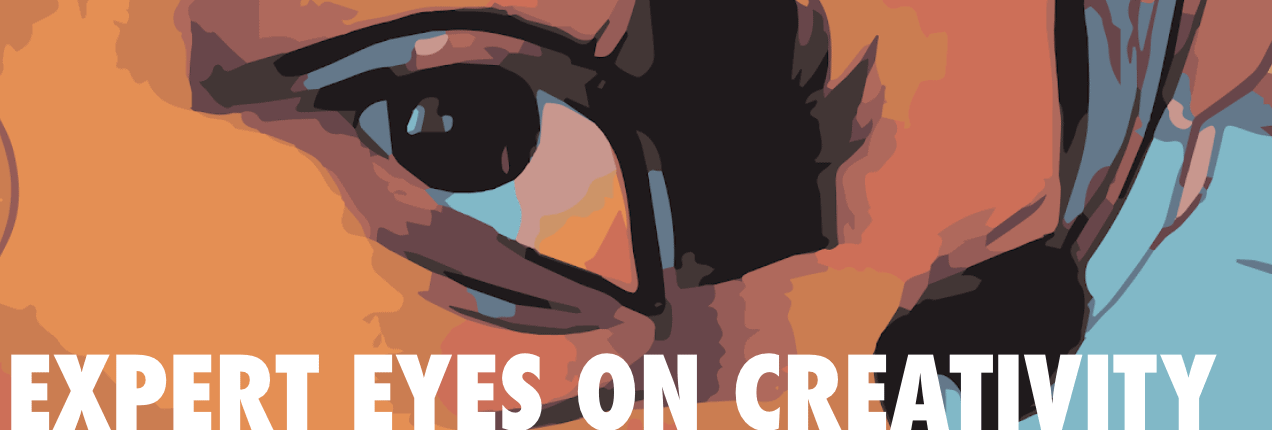
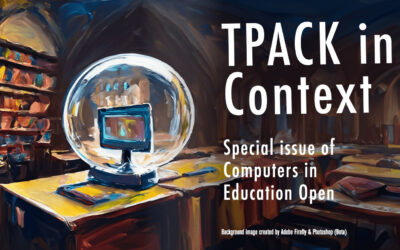
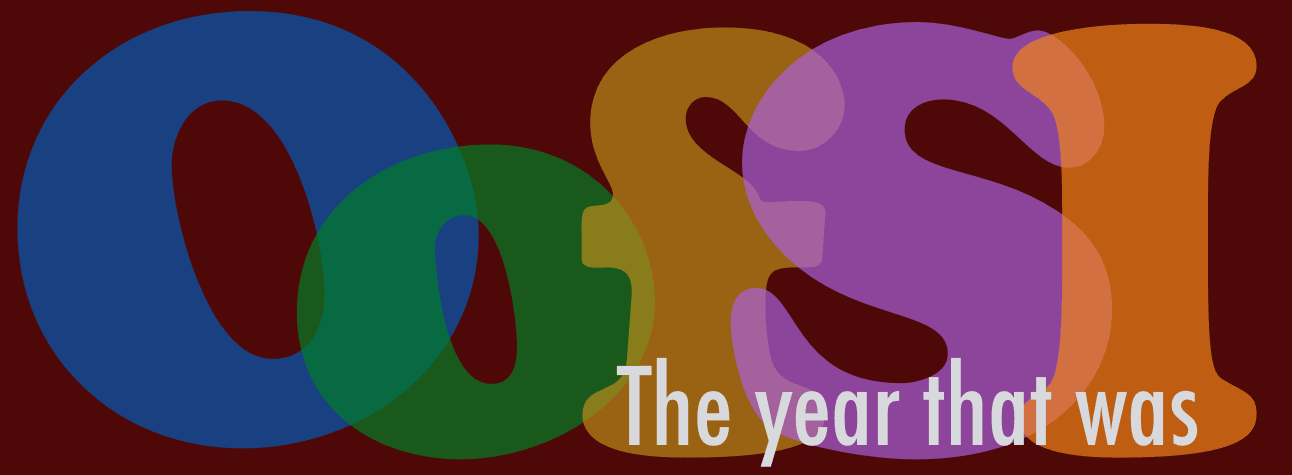
Many people have spoken and written about the value of failure but Ravitch’s personal experience in publicly switching positions makes it particularly poignant. I found her extremely articulate about how one’s views are shaped by the kinds of people we hang out with – a sort of group-think – and how that can become the biggest barrier to changing one’s minds. Obama spoke of this recently in his address at UMich. Here’s a quote that made the rounds recently…
Case in point: Ravitch’s career. Without passing judgement on Ravitch as an influential educational researcher and policy advisor, I think her regret is a wonderful lesson. I just hope she can be more influential with her current beliefs as she was with her previously held convictions. The problem is that her advice was well-received by policy makers then. Thanks for sharing.